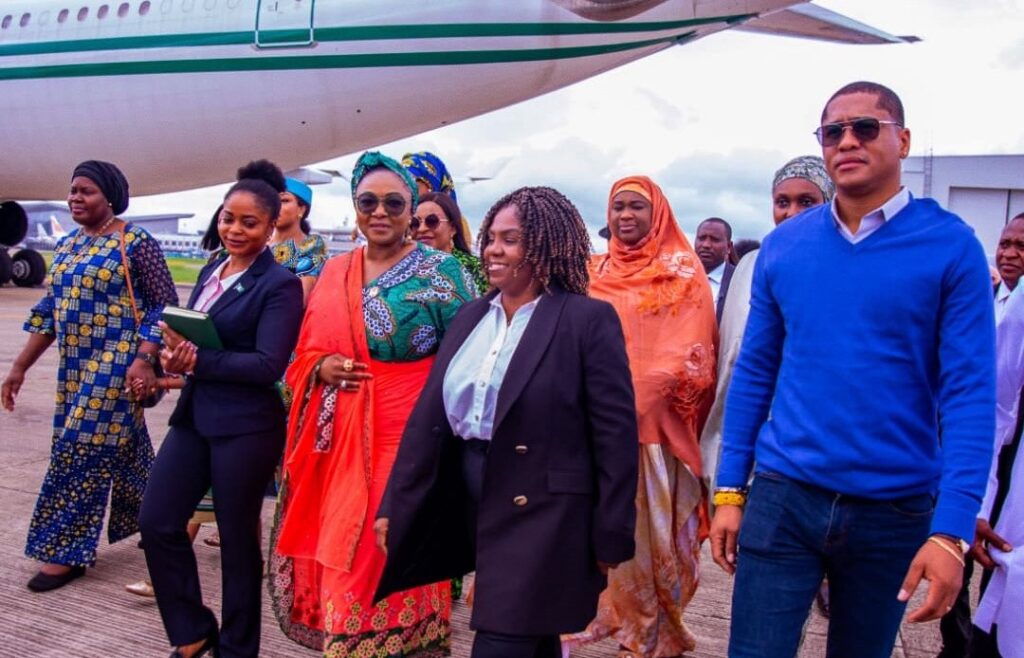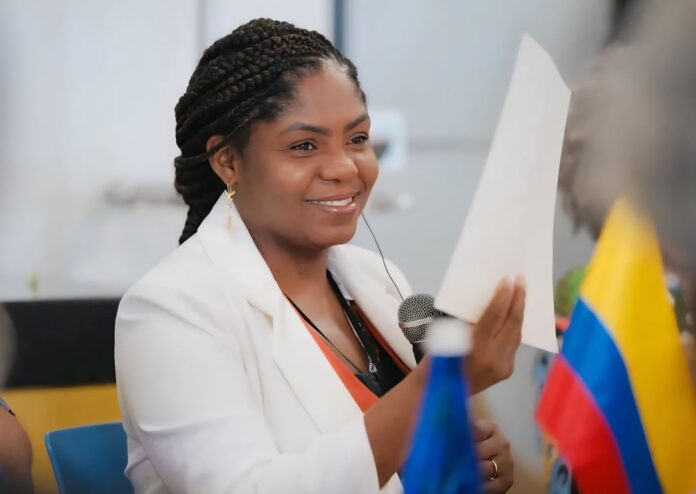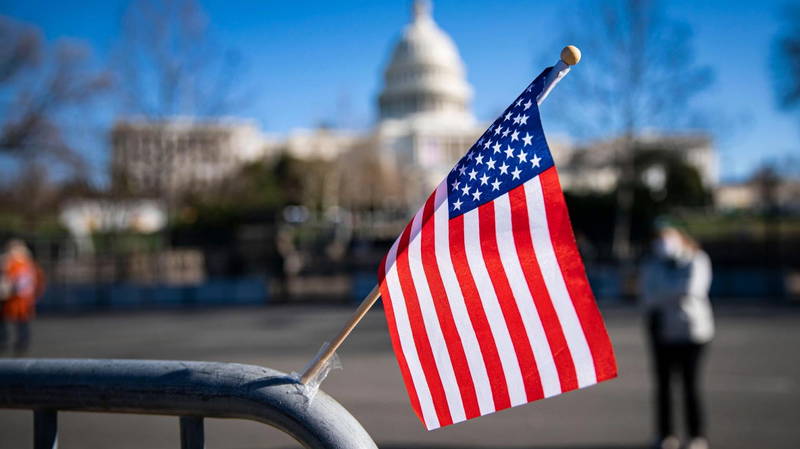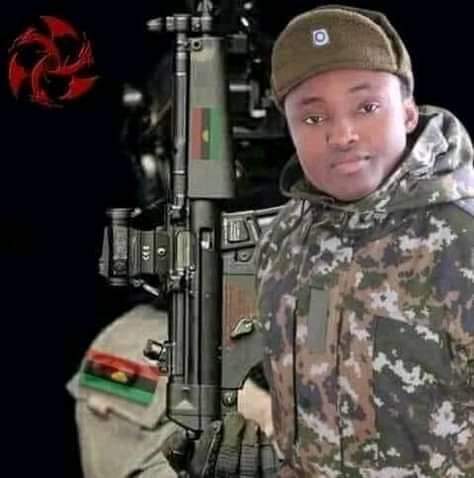Colombia’s Vice President, Francia Márquez, has arrived in Nigeria for a three-day state visit.
Her mission is to deepen cooperation with Africa’s largest economy and strengthen ties between Latin America and West Africa.
She is expected to hold talks with senior Nigerian officials in Abuja. Both sides will discuss trade, migration, and cultural exchange.
In her arrival speech, Márquez said: “Colombia and Nigeria share a history of resilience. This visit is about building bridges that lift our people.”
Economic deals on the table
Nigeria and Colombia are set to sign a memorandum of understanding on trade and investment.
Energy, agriculture, and technology are likely to dominate the discussions. Officials also noted opportunities in oil and gas, where Colombia is a major producer.
According to the World Bank, both countries face similar development hurdles—unemployment, inequality, and rural poverty. A stronger partnership could create fresh opportunities for millions.
But the real question is: will this be another handshake without substance, or the beginning of a lasting partnership?
Beyond politics: culture and identity
Márquez, Colombia’s first Black female vice president, has often spoken about Africa’s role in Colombian identity.
She said: “Our music, our food, our spirit—they all carry African roots. Nigeria is part of who we are.”
Mrs Márquez, travelling with her husband, Rafael Yerney Pinilllo Ocoro, was received by the Minister of Innovation, Science and Technology, Chief Uche Nnaji, on Saturday.

She’s on a diplomatic journey across African nations, reconnecting with her ancestral homeland. A proud Black leader, she consistently honours her African heritage.
At 40, when elected, she wore a dress adorned with the African map, symbolizing her deep connection to the continent.
Márquez has visited Barbados, Mozambique, and Ethiopia and met with African Union (AU) leaders and was last in Madagascar, where she signed bilateral agreements on behalf of Colombia, focusing on science, technology, innovation, education, agriculture, and more.
As the first Black Vice President in Colombia’s history, she represents the 4.671 million Colombians of African descent, out of a population of 48.258 million, according to the 2018 Census.
The visit will also feature cultural events linking Afro-Colombian communities to Nigerian traditions.
The moment goes beyond economics. It is also about reclaiming a shared heritage that centuries of history could not erase.
Rate, Like 👍, Comment💬, share this article and Follow us on our social media handles. You can also Submit your own story to get featured and earn rewards!







